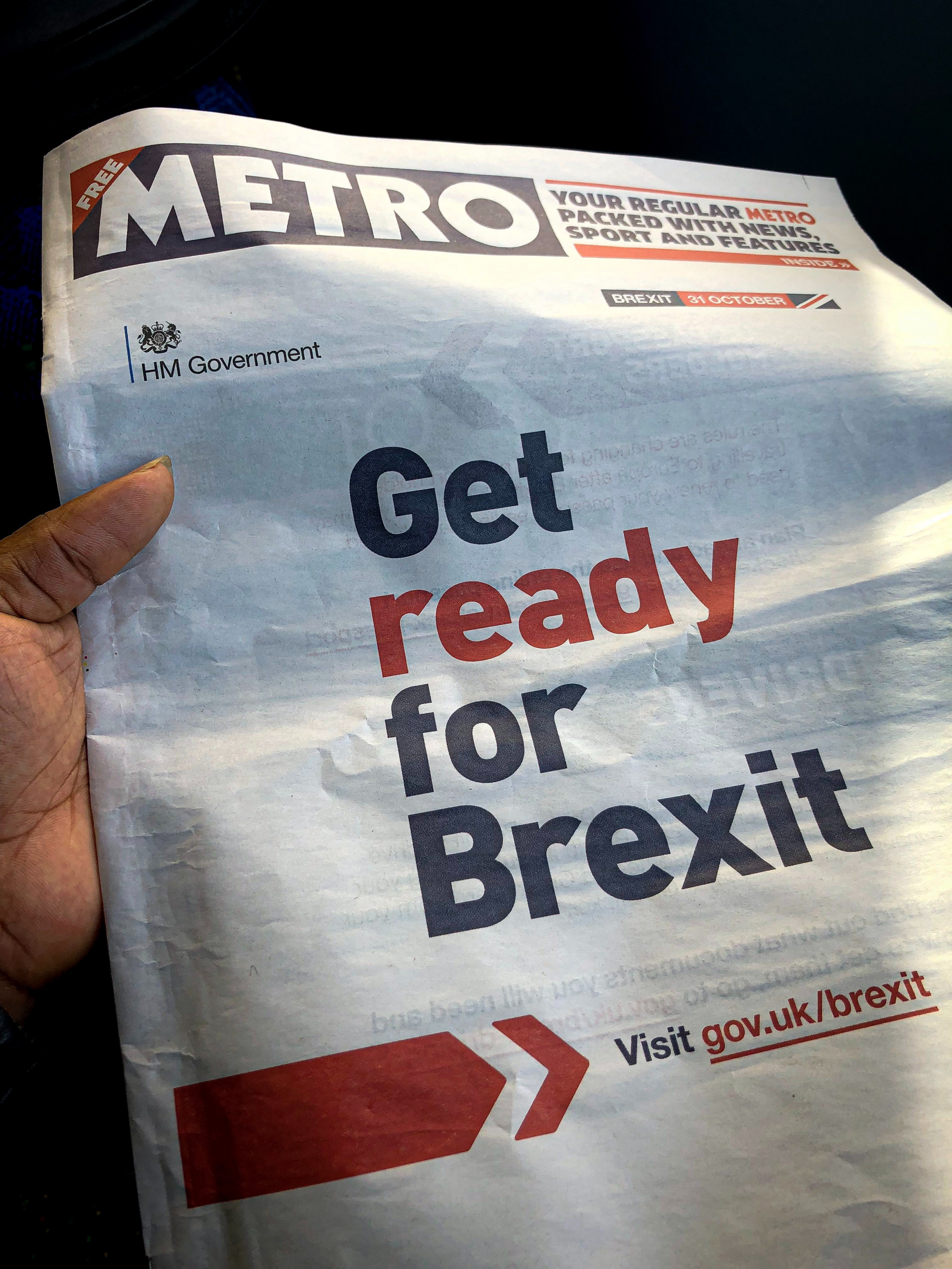Brexit's Effect on the Agri-food Industry Still Uncertain
30th July 2021 |

Ireland is beginning to feel the impact of Brexit in the agri-food sector as the UK has been Ireland’s largest export market for the last few decades. There are specific areas of uncertainty regarding the border between Northern Ireland and Ireland, however, during Brexit negotiations, all sides agreed that protecting the 1998 Northern Ireland peace deal (the Good Friday agreement) was an absolute priority.
On January 1, 2021 an important import/export agreement came into force and is now part of international law.
According to the BBC, “The EU requires many goods - such as milk and eggs - to be inspected when they arrive from non-EU countries, while some products, such as chilled meats, aren't allowed to enter at all.” To prevent border checks, it was finally decided that Northern Ireland would continue to follow the single market (i.e. the EU rules on product standards), and instead, checks would take place on goods entering Northern Ireland’s ports from England, Scotland, or Wales. Filling out customs forms on these goods are now required, prompting criticism that a new border in the Irish Sea has indeed been created, despite the UK’s commitment to Ireland that a hard border would not be implemented between the North and South.
When it comes to chilled meat products, you may have heard of the “Sausage Row” issue, mandating that, under EU food safety rules, these products are not allowed to enter the single market from non-EU-member countries. This now includes the UK.
So if you planned to send sausages from Great Britain to Northern Ireland, this is no longer a possibility…in theory. However, since January of 2021, a grace period has been in place where the rules don't apply. Originally, it was due to end on June 30, but that date has been extended to September 30. There is little to no indication that any resolution has been reached on the issue.
This is particularly a cause for concern for the agri-food industry as it is likely that trade tariffs of at least 15% will be introduced if there is no free-trade agreement between the UK and the EU. Industry financing is another concern as it relates to the EU budget as the UK has been a large net contributor and their withdrawl from the EU means budget cuts— both to the CFP and CAP, which are of the utmost importance to Irish farmers and fishermen, as in the past they have relied heavily on these subsidies.




